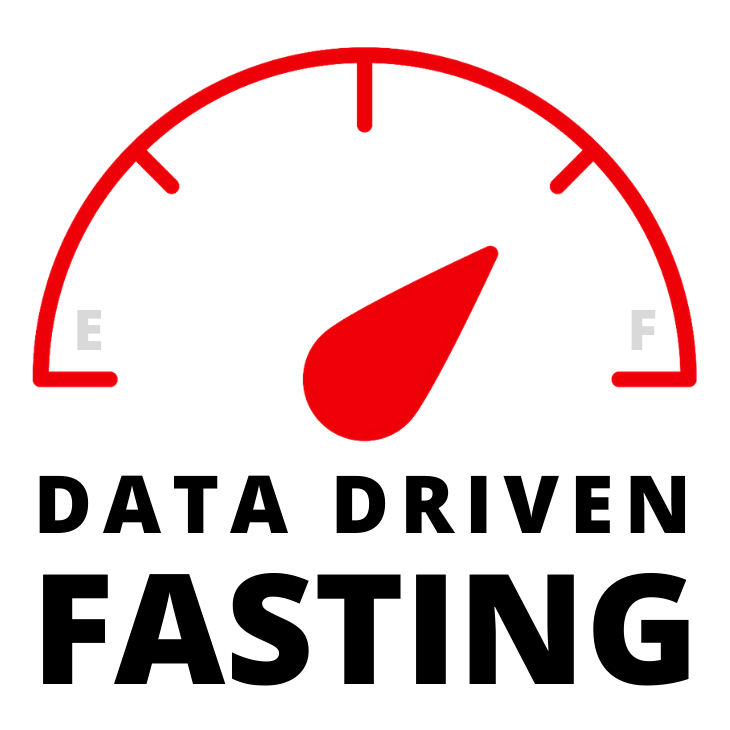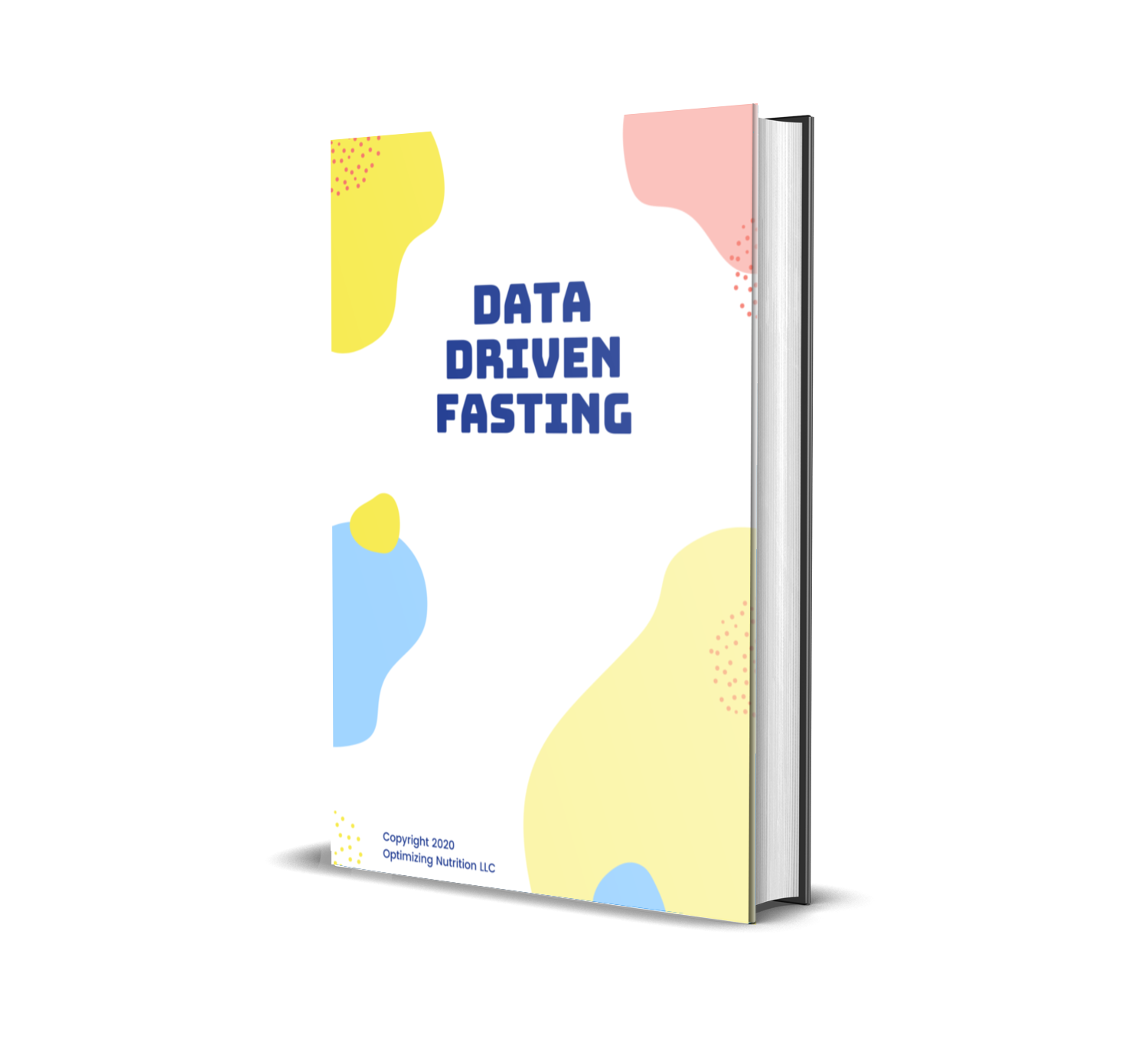
30-Day Data-Driven Challenge STARTS SOON Make Sure to Sign Up Today!
Data Driven Fasting
Data Driven Fasting is the first of its kind personalized approach to intermittent fasting that uses data to guide your daily fasting routine.
Free Data Driven Fasting Book

Is counting calories the best way to lose weight?
Written by Marty Kendall on July 20th 2020
Many people try calorie counting apps like MyFitnessPal. But the vast majority find it’s unsustainable due to a range of factors.
Here are top 8 reasons why counting calories might not be the best way to lose weight.

Here are top 8 reasons why counting calories might not be the best way to lose weight.
While energy is always conserved (yes, laws of thermodynamics also apply to nutrition), the factors on either side of the calories in vs calories out equation are incredibly complex and beyond our ability to manage accurately, even with the latest fitness trackers and apps.
Optimizing Nutrition LLC | All Rights Reserved 2020+
